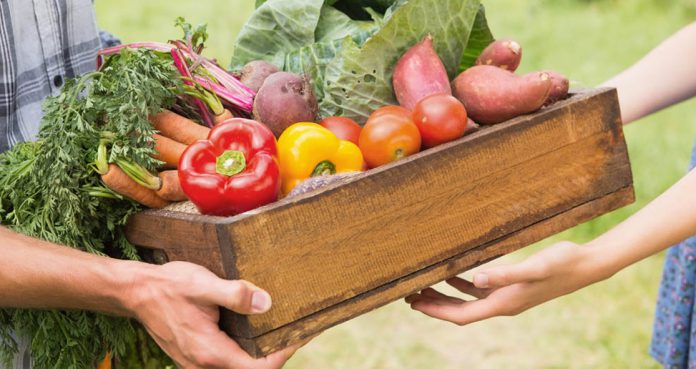According to a new UK study, participating in local food projects could help improve psychological health and overall well-being.
As consumers are increasingly interested in choosing non-processed foods, there has been tremendous growth in participation in community gardens, agriculture, farmers’ markets, and food cooperatives.
Previous studies have explored the potential health benefits of growing food. However, a systematic investigation into how participating in local food projects influences psychological health has been scarce. Discovering the relationship between local food projects and mental health can provide a great opportunity for public health workers.
Mental health well-being generates important health benefits for people and societies, which include better health, improved personal relationships, longevity, better productivity, and even civic engagement.
Mental health issues have been a growing global concern in both the United States and the United Kingdom.
According to an online survey, people who participated in local food projects had higher measures of mental well-being than those who did not participate.
The investigators found that “the connection to nature, the satisfaction of basic psychological needs, better diets, and physical activity” were the reason behind the participation in local food initiatives and improved mental health.
Study’s lead researcher, Dr. Zareen Bharucha, said, “These findings are encouraging to those of us looking at how sustainability and well-being interact.”
“They show that we should be looking more seriously at projects such as allotments, community gardens, community supported agriculture, and farmers’ markets, which can bring people together, improve diets, improve connection to nature, and help people learn new things,” added Dr. Bharucha. The researchers added, “All of these help to improve mental health, which is one of the most significant public health challenges of our time. At the same time, they help build the foundations of a really sustainable food system, which is also fundamental for the well-being of people and the planet.”























